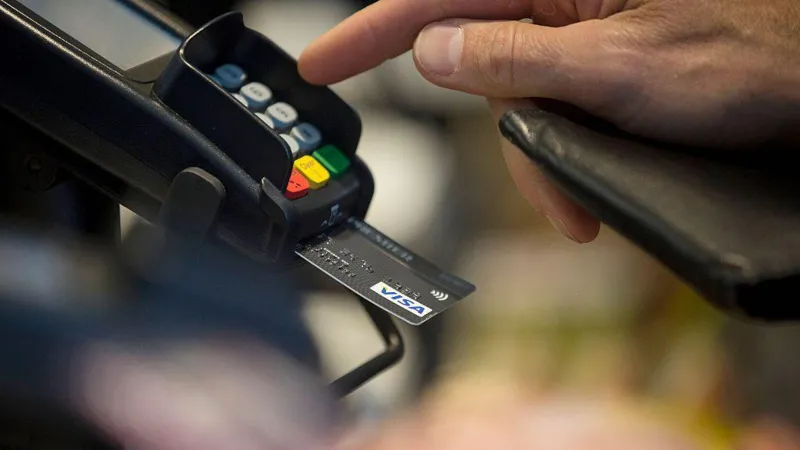The US government is suing Visa, accusing the company of unfairly controlling the debit card market to block competition. The Department of Justice (DOJ) claims Visa stopped companies from using other payment networks and paid off potential competitors to stay dominant. This, according to the DOJ, slowed down innovation and forced businesses and consumers to pay higher fees. Visa responded by saying the accusations were “baseless” and that they would fight the lawsuit in court.
Visa’s top lawyer, Julie Rottenberg, said people choose Visa for its “secure and reliable” service and that the company has many competitors in a growing debit card industry. She emphasized that Visa isn’t the only player in the market, and called the lawsuit groundless.
This legal action is part of President Biden’s administration’s stronger stance on monopolies, known as antitrust, which has led to more lawsuits against big companies. Visa has also faced scrutiny from regulators in Europe and Australia.
The DOJ has been investigating Visa since 2021. According to the lawsuit, Visa handles more than 60% of debit transactions in the US and makes $7 billion in fees each year. As of 2022, Visa’s debit business earned more money than its credit card division.
Attorney General Merrick Garland said Visa’s dominance allows the company to charge fees higher than what would be possible in a fair market. These extra costs are often passed on to consumers in the form of higher prices or lower quality services, meaning Visa’s actions affect the prices of nearly everything. After the lawsuit news, Visa’s stock dropped by over 5%.
The DOJ’s lawsuit, filed in New York, accuses Visa of forcing businesses to use their network or face higher fees, creating illegal “exclusive deals.” This practice allegedly started after a 2012 law aimed to increase competition by requiring debit cards to work on at least two payment networks.
The DOJ also says Visa used its power to threaten tech companies like PayPal with large fees unless they agreed to use Visa for their transactions. The lawsuit asks the court to officially declare Visa a monopoly and stop its “anticompetitive” practices.
According to George Alan Hay, an expert in antitrust law from Cornell Law School, the case is not shocking but will still be tough for the government. One key issue is whether Visa’s 60% market share is enough to be called a monopoly.
Hay pointed out that Visa has been preparing for such lawsuits for a long time and will have a defense ready. He said, “It’s not like this caught them by surprise.” BBC reported these details, giving a clear perspective on the case.
https://www.bbc.com/news/articles/c05gn932y38o

